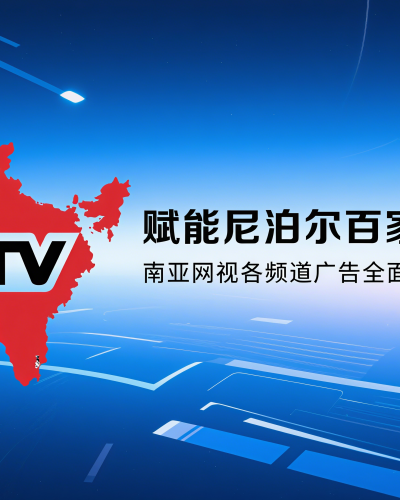
SATV,KATHMANDU,June 4: India recorded 4,026 active Covid-19 cases as of Tuesday, an increase of 512 from the previous day, according to data from the Ministry of Health and Family Welfare.
Together, these six states account for over 72 per cent of the active caseload in the country. Delhi reported four deaths and Maharashtra two, while Kerala, Tamil Nadu, and West Bengal reported one death each.
The latest fatalities reflect complications from comorbidities such as diabetes, hypertension, and cardiac conditions.
Among the deceased were elderly patients, including an 80-year-old male from Kerala with severe pneumonia and a 73-year-old woman in Maharashtra with diabetes and hypertension.
No alarm yet, say experts as cases remain mostly mild
Even with the recent uptick in COVID-19 cases, health authorities maintain that the overall situation remains manageable.
The majority of infections are mild and are being treated at home. Officials from the Indian Council of Medical Research (ICMR) and the Health Ministry have assured the public there’s no need for panic but urged continued vigilance.
“We are closely tracking developments. At this stage, there is no reason for concern, but monitoring and caution are essential,” said Dr Rajiv Behl, Director General of ICMR.
New Omicron sub-variants detected, but not dangerous yet
The current increase is linked to newer Omicron sub-variants—LF.7, XFG, JN.1, and NB.1.8.1—detected in parts of western and southern India through genome sequencing.
The World Health Organisation has classified these as “Variants Under Monitoring,” suggesting they do not pose a significant global threat at this time.
In response, state health departments—especially in high-burden states like Delhi, Kerala, and Maharashtra—are reviewing hospital readiness and ensuring supplies are in place. Authorities have also recommended wearing masks in crowded or poorly ventilated settings, particularly for vulnerable groups.
With the current sub-variants being more transmissible but less severe, experts stress that vaccination, early detection, and public responsibility will be vital to prevent strain on healthcare systems. (Economic Times)











